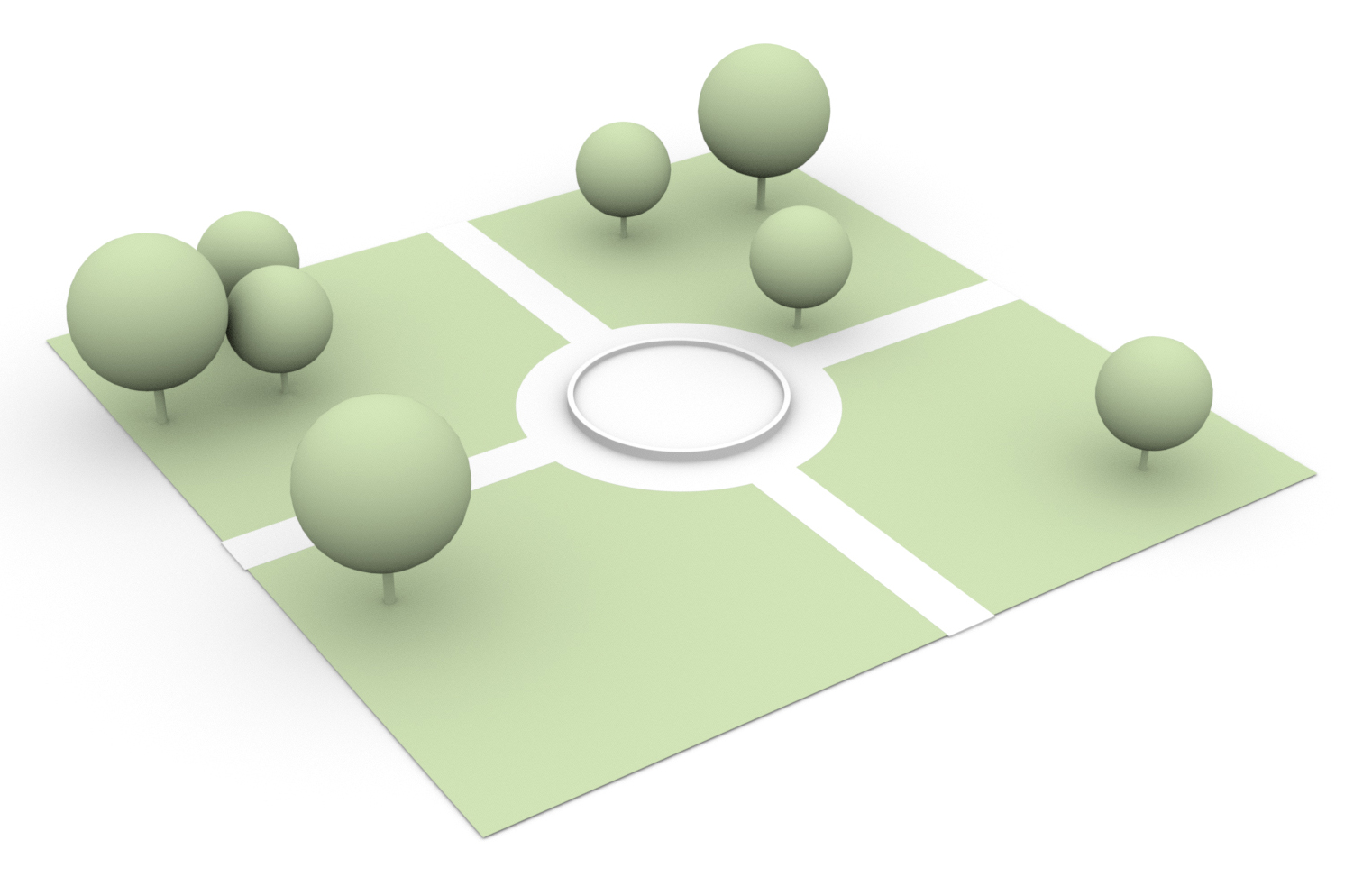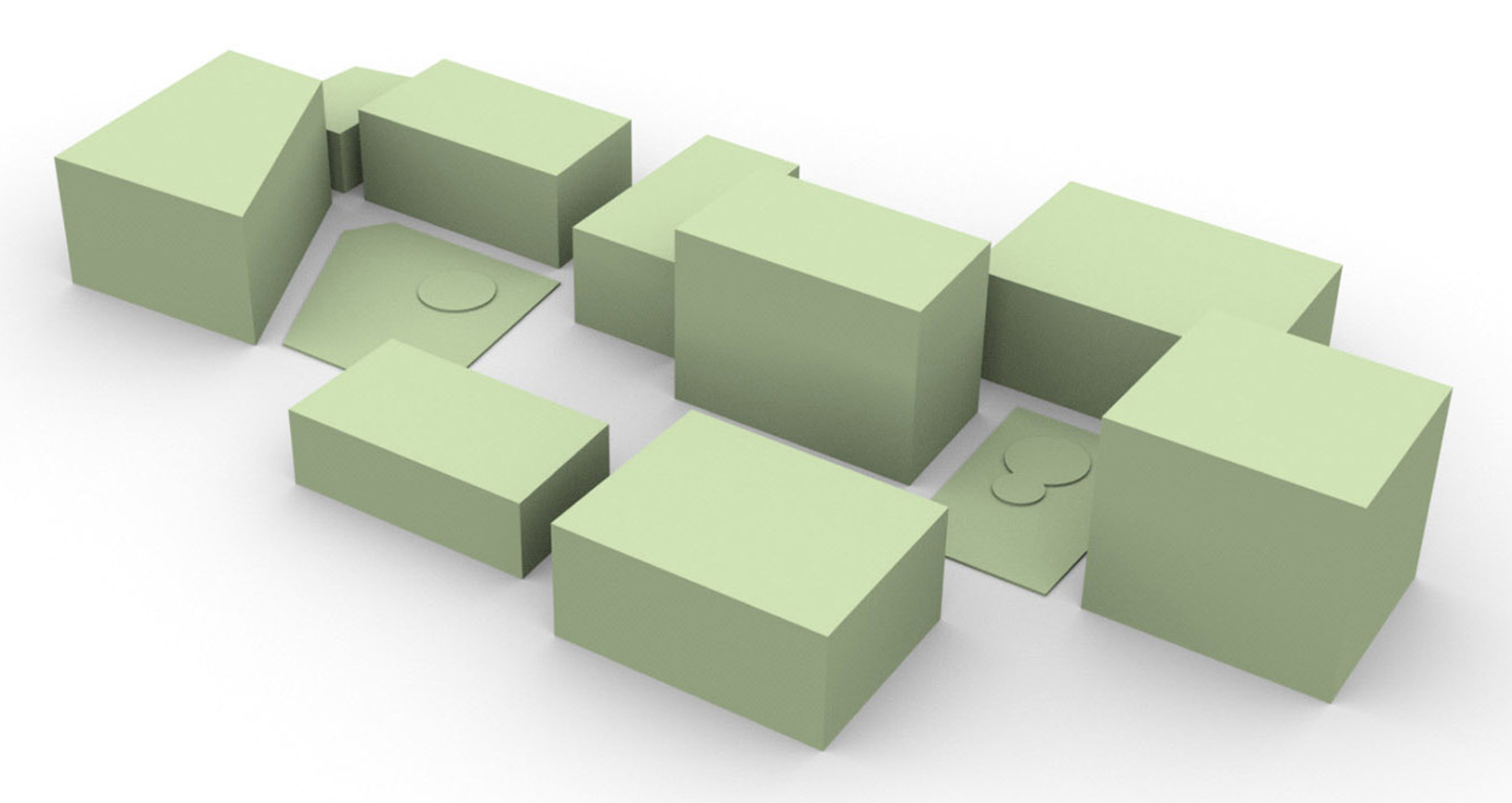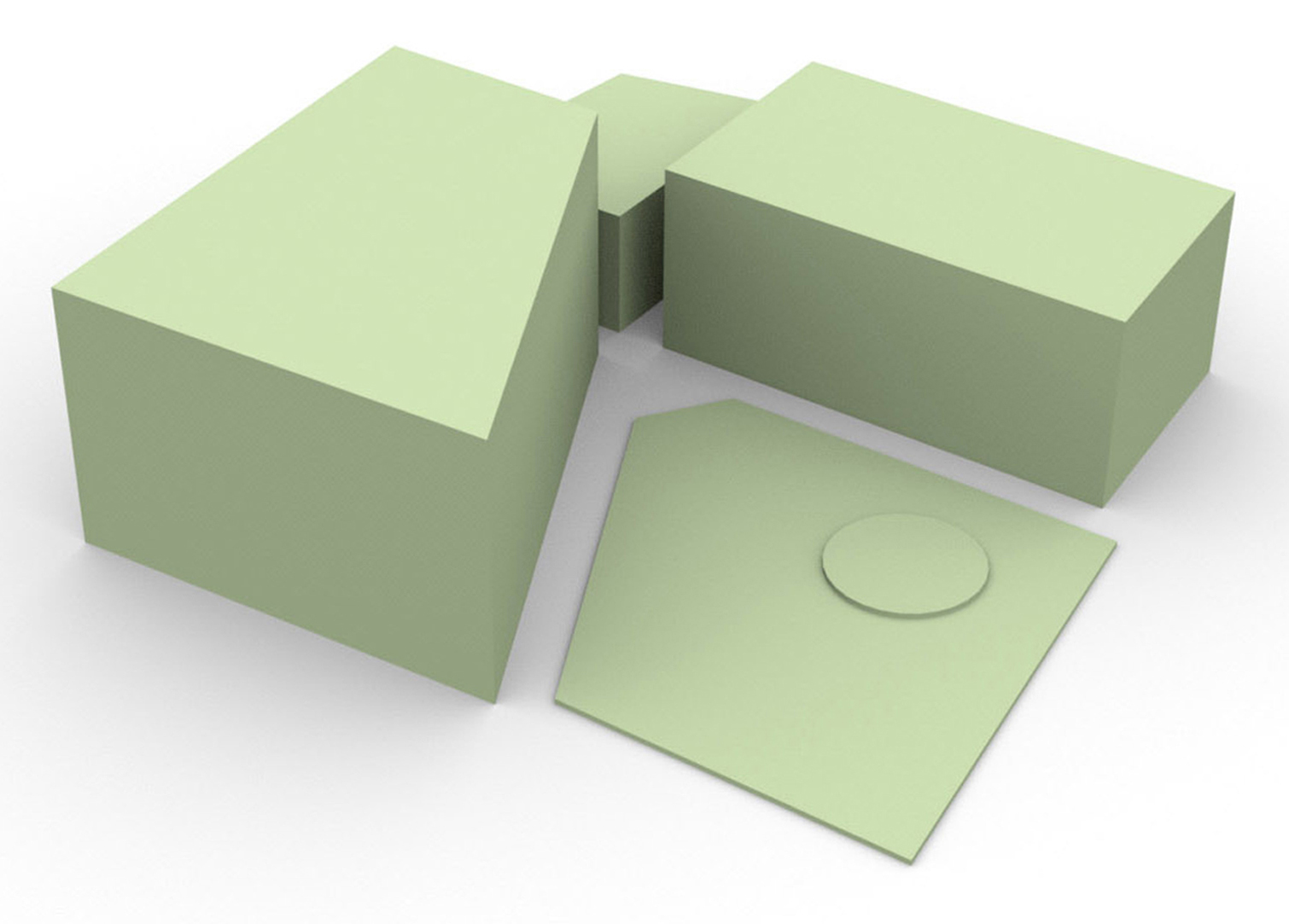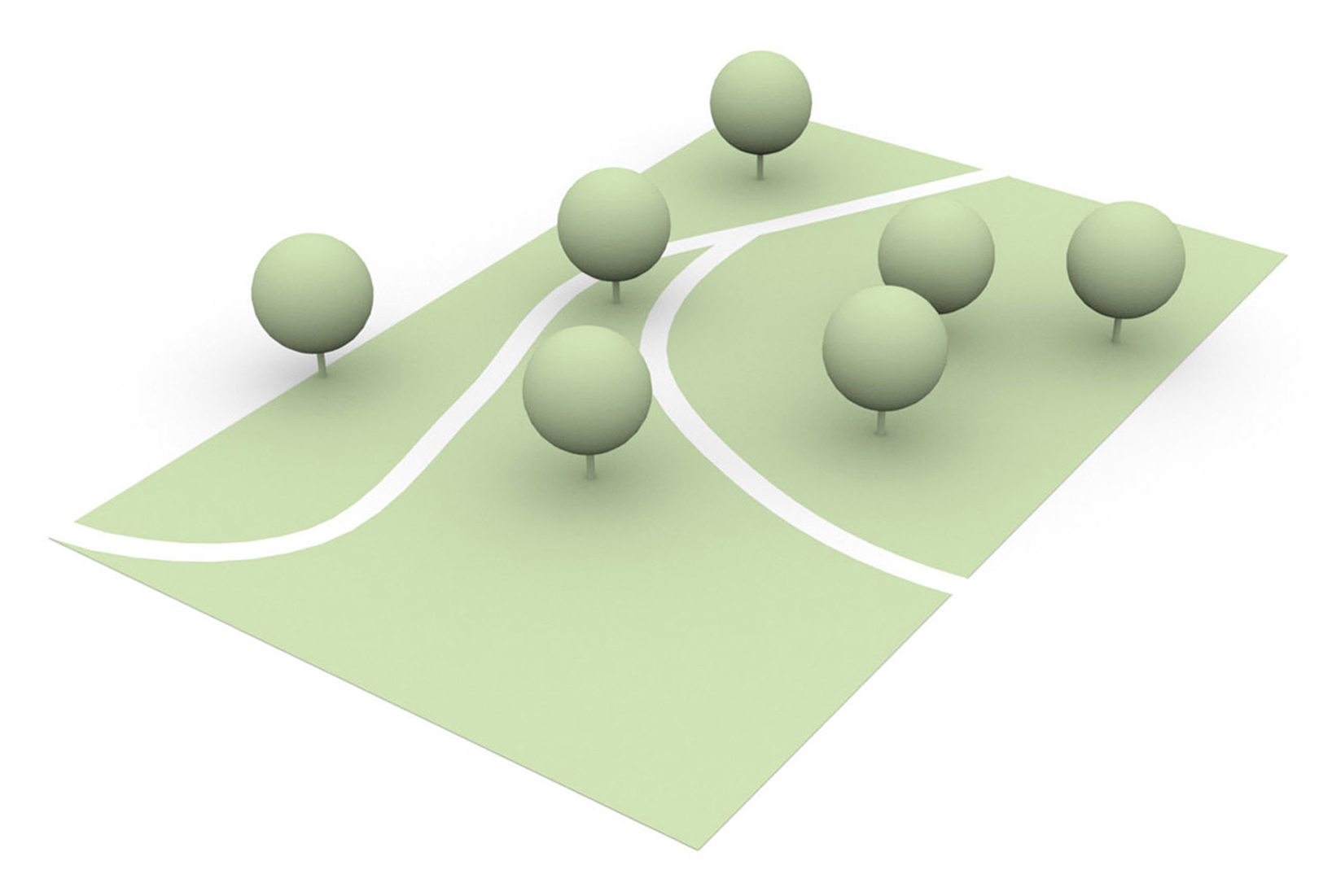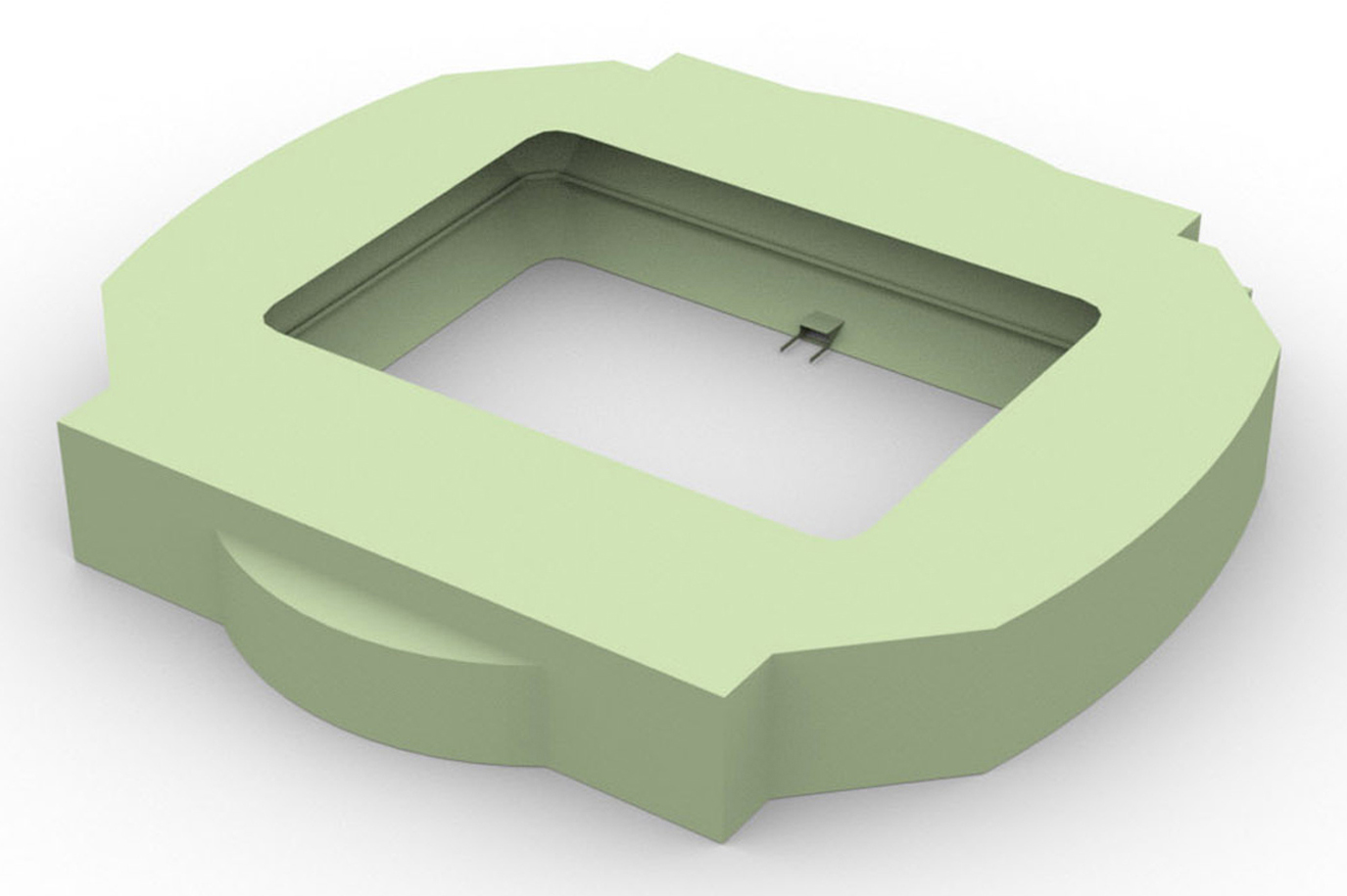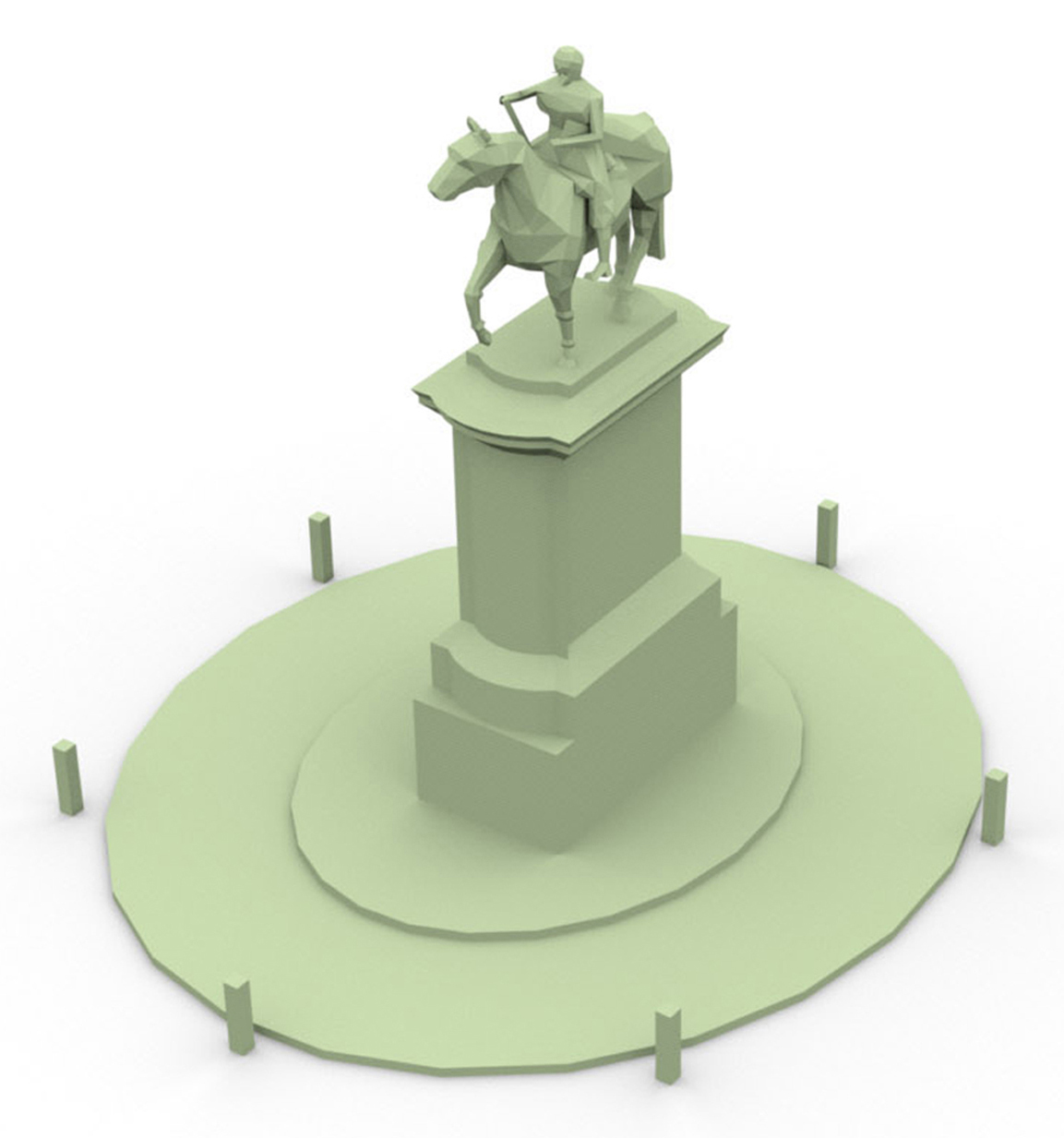Difference between revisions of "Social facilities, open and civic space"
| Line 22: | Line 22: | ||
| Civic space/ Public realm||The public realm is defined as public/civic space including streets, pathways, parks, publicly accessible open spaces and any public and civic building and facilities. || [[Image:Aminity public realm.jpg|center|x50px|Public realm|link=Open and civic space]] |
| Civic space/ Public realm||The public realm is defined as public/civic space including streets, pathways, parks, publicly accessible open spaces and any public and civic building and facilities. || [[Image:Aminity public realm.jpg|center|x50px|Public realm|link=Open and civic space]] |
||
|- |
|- |
||
| Urban squares || An urban square is a planned open public space, usually rectangular in shape with clearly defined borders. These locations usually have significant footfall as public meeting places, concerts, markets or public rallies. |
| Urban squares || An urban square is a planned open public space, usually rectangular in shape with clearly defined borders. These locations usually have significant footfall as public meeting places, concerts, markets or public rallies. || [[Image:Urban square.jpg|center|x50px|Urban squares|link=Open and civic space]] |
||
|- |
|- |
||
| Recreational space || Recreational space in the urban environment encompasses those areas which are publicly accessible and conducive to citizens refreshing their mind or body through passive or active activity. Recreation space can broadly be grouped as formal (e.g. playing fields, tennis courts, etc), informal (e.g. city parks, linear river walks, incidental open space within residential schemes, etc) and children's playing space (e.g. playgrounds).|| [[Image:Public Park.jpg|center|x50px|Public Park|link=Open and civic space]] |
| Recreational space || Recreational space in the urban environment encompasses those areas which are publicly accessible and conducive to citizens refreshing their mind or body through passive or active activity. Recreation space can broadly be grouped as formal (e.g. playing fields, tennis courts, etc), informal (e.g. city parks, linear river walks, incidental open space within residential schemes, etc) and children's playing space (e.g. playgrounds).|| [[Image:Public Park.jpg|center|x50px|Public Park|link=Open and civic space]] |
||
|- |
|- |
||
| Community centres and sports facilities || This type of urban object includes all facilities where large crowds may be present for social or recreational activities, and arenas or stadia, etc, in which sports activity and competition takes place. || [[Image:Sport facility.jpg|center|x50px|Community centres and sports facilities|link=Community centre and sport facilities]] |
| Community centres and sports facilities || This type of [[urban object]] includes all facilities where large crowds may be present for social or recreational activities, and arenas or stadia, etc, in which sports activity and competition takes place. || [[Image:Sport facility.jpg|center|x50px|Community centres and sports facilities|link=Community centre and sport facilities]] |
||
|- |
|- |
||
| Religious or cultural || 'Religious' urban objects include religious worship and education spaces, and associated administration spaces. Collectively these facilities hold a sacred atmosphere of religious worship. A typical example would be a church or cathedral. 'Cultural' facilities are classed as any building/structure used for activities promoting the arts, such as a museum or gallery. Within Urban Securipedia, both types are classed as one, given their similarities, not least the fact that they may attract medium sized crowds at specific occasions. || [[Image:Church.jpg|center|x50px|Religious or cultural facilities|link=Church]] |
| Religious or cultural || 'Religious' [[urban objects]] include religious worship and education spaces, and associated administration spaces. Collectively these facilities hold a sacred atmosphere of religious worship. A typical example would be a church or cathedral. 'Cultural' facilities are classed as any building/structure used for activities promoting the arts, such as a museum or gallery. Within Urban Securipedia, both types are classed as one, given their similarities, not least the fact that they may attract medium sized crowds at specific occasions. || [[Image:Church.jpg|center|x50px|Religious or cultural facilities|link=Church]] |
||
|- |
|- |
||
| Public monuments || These [[urban object|urban objects]] are used to commemorate a person or significant event in the city or national history (and therefore have a certain symbolic value, and are potentially an inherent target for criminals) || [[Image:AmenityMonument.jpg|center|x50px|Public monuments|link=Open and civic space]] |
| Public monuments || These [[urban object|urban objects]] are used to commemorate a person or significant event in the city or national history (and therefore have a certain symbolic value, and are potentially an inherent target for criminals) || [[Image:AmenityMonument.jpg|center|x50px|Public monuments|link=Open and civic space]] |
||
Revision as of 15:32, 11 December 2012
Contents
Social facilities, open and civic space
Social facilities, open and civic space are urban objects which provide for the recreational requirements of an urban area, its citizens, workers and visitors.
Description
Social facilities, open and civic space are generally provided for the community of an urban area to fulfil a range of requirements for the residents and citizens of urban areas. Just some of the uses which these facilities are designed to fulfil include the connection of the different parts of the urban area which allow people to move freely between them (civic space, the public realm![]() , and urban squares
, and urban squares![]() ), areas for recreational purposes (amenity and open space such as public parkland
), areas for recreational purposes (amenity and open space such as public parkland![]() ), and areas or facilities for religious or cultural requirements
), and areas or facilities for religious or cultural requirements![]() ). Public monuments
). Public monuments ![]() are included within this category also. Another urban object grouping which has an important social and recreational function is 'Community centres and sports facilities'
are included within this category also. Another urban object grouping which has an important social and recreational function is 'Community centres and sports facilities'![]() .
.
Accordingly, the following archetypes are used within Urban Securipedia within social facilities, open and civic space:
| Type of social facility, open or civic space | Description | Icon |
|---|---|---|
| Civic space/ Public realm | The public realm is defined as public/civic space including streets, pathways, parks, publicly accessible open spaces and any public and civic building and facilities. | |
| Urban squares | An urban square is a planned open public space, usually rectangular in shape with clearly defined borders. These locations usually have significant footfall as public meeting places, concerts, markets or public rallies. | |
| Recreational space | Recreational space in the urban environment encompasses those areas which are publicly accessible and conducive to citizens refreshing their mind or body through passive or active activity. Recreation space can broadly be grouped as formal (e.g. playing fields, tennis courts, etc), informal (e.g. city parks, linear river walks, incidental open space within residential schemes, etc) and children's playing space (e.g. playgrounds). | |
| Community centres and sports facilities | This type of urban object includes all facilities where large crowds may be present for social or recreational activities, and arenas or stadia, etc, in which sports activity and competition takes place. | |
| Religious or cultural | 'Religious' urban objects include religious worship and education spaces, and associated administration spaces. Collectively these facilities hold a sacred atmosphere of religious worship. A typical example would be a church or cathedral. 'Cultural' facilities are classed as any building/structure used for activities promoting the arts, such as a museum or gallery. Within Urban Securipedia, both types are classed as one, given their similarities, not least the fact that they may attract medium sized crowds at specific occasions. | |
| Public monuments | These urban objects are used to commemorate a person or significant event in the city or national history (and therefore have a certain symbolic value, and are potentially an inherent target for criminals) |
- Community Centres/Sports Facilities;
- Public Parks/Recreation Spaces;
- Church/Religious Facilities;
- Cultural Facilities;
- Public Realm (streets and urban squares, etc);
- Civic Structure/Monument.
Footnotes and references
MAP
<websiteFrame> website=http://securipedia.eu/cool/index.php?concept=<replace with pagename> width=100% border=0 scroll=auto align=middle </websiteFrame>
<headertabs/>
